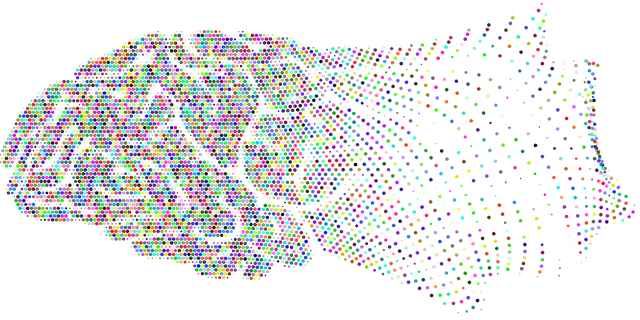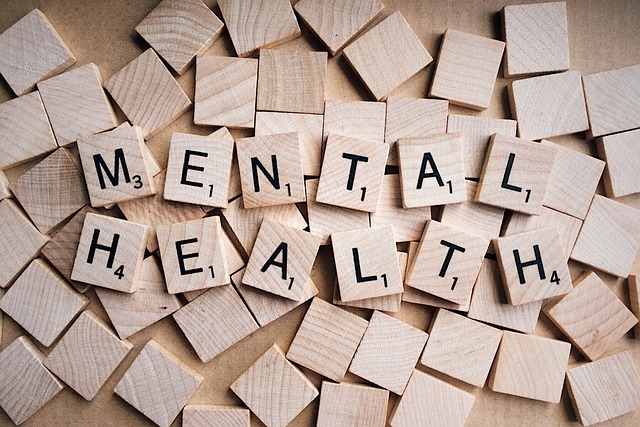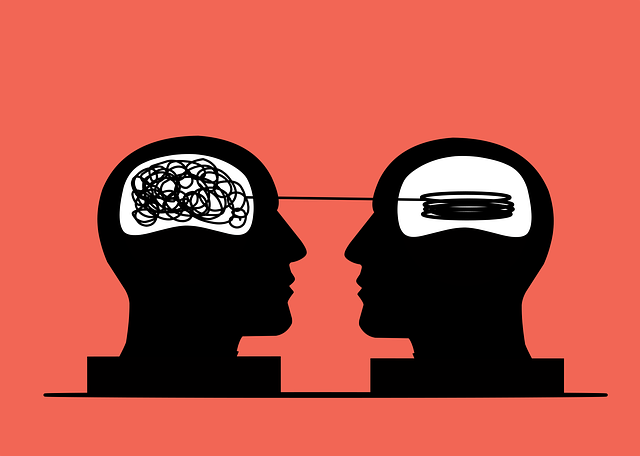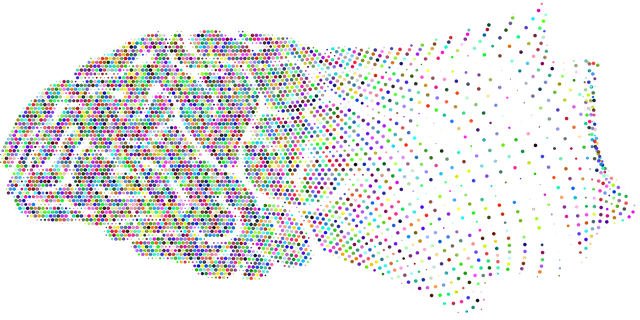Anxiety, a common stressor, can disrupt daily life. Boulder EMDR Therapy offers a powerful approach to managing anxiety by combining exposure and eye movement desensitization to reprocess traumatic memories, improving emotional regulation and coping skills. This personalized care, enhanced by cultural competency training, reduces associated emotions and cultivates healthier responses. Techniques like mindfulness meditation and deep breathing, combined with professional guidance from therapists specializing in Boulder EMDR Therapy, empower individuals to stay present, recognize triggers, and develop resilience, ultimately achieving lasting mental wellness.
Anxiety is a common challenge, but effective management techniques can empower individuals to take control. This article explores various strategies to combat anxiety, focusing on practical daily coping mechanisms and the transformative power of Boulder EMDR Therapy. By understanding the root causes and utilizing evidence-based approaches like EMDR, readers will discover paths to reduced stress and improved well-being. Additionally, we discuss the invaluable role professional support plays in overcoming anxiety, providing a comprehensive guide for effective long-term management.
- Understanding Anxiety and Boulder EMDR Therapy
- Practical Techniques for Daily Anxiety Management
- The Role of Professional Support in Overcoming Anxiety
Understanding Anxiety and Boulder EMDR Therapy

Anxiety is a natural response to stress and threat, but when it becomes overwhelming or persistent, it can disrupt daily life. It’s essential to understand that anxiety manifests differently in everyone, from occasional worry to severe panic attacks. Recognizing the signs and symptoms is the first step towards managing it effectively. Many individuals find Boulder EMDR Therapy to be a powerful tool in their anxiety management arsenal. This therapeutic approach focuses on reprocessing traumatic memories or distressing experiences, helping clients develop coping skills and improve emotional regulation.
Boulder EMDR combines elements of exposure therapy with eye movement desensitization and reprocessing, facilitating the brain’s natural healing process. By engaging in this therapy, individuals can gain new perspectives on challenging events, reduce the intensity of associated emotions, and cultivate healthier responses. Coping skill development is a key aspect, empowering people to navigate anxious situations more effectively. Moreover, healthcare provider cultural competency training emphasizes the importance of understanding how cultural factors can influence anxiety experiences and treatment outcomes, ensuring personalized care for all clients.
Practical Techniques for Daily Anxiety Management

Managing anxiety on a daily basis is essential for maintaining mental well-being, especially in today’s fast-paced world. There are numerous practical techniques that individuals can incorporate into their routines to combat anxiety effectively. One such powerful approach is Eye Movement Desensitization and Reprocessing (Boulder EMDR Therapy), which has been recognized as an innovative therapy for various anxiety disorders. By combining specific eye movements with guided thoughts, Boulder EMDR Therapy helps individuals process traumatic memories or distressing experiences, reducing the intensity of associated anxiety.
Communication strategies play a significant role in managing anxiety, fostering connections, and seeking support from loved ones or professionals. Engaging in open dialogue allows individuals to express their feelings and fears, leading to better understanding and coping mechanisms. Additionally, incorporating self-awareness exercises into daily routines can be transformative. Practices such as mindfulness meditation, deep breathing techniques, and journaling encourage individuals to stay present, recognize anxiety triggers, and develop healthier responses, thereby preventing burnout and promoting resilience in both personal and professional settings, including Burnout Prevention Strategies for Healthcare Providers.
The Role of Professional Support in Overcoming Anxiety

Anxiety management is a journey that can greatly benefit from professional support. Therapists play a pivotal role in helping individuals understand and overcome anxiety disorders. Techniques like Boulder EMDR Therapy, featured in our popular Mental Wellness Podcast Series Production, offer effective tools for processing traumatic memories and reducing anxiety symptoms. This evidence-based approach has gained recognition for its ability to enhance mental wellness by addressing the root causes of distress.
Professional guidance is essential for personalized strategies that cater to each client’s unique needs. Therapists teach communication strategies for managing anxious thoughts and emotions, thereby improving mood regulation skills. By integrating these techniques into daily life, individuals can gain a sense of control over their anxiety and work towards achieving lasting mental wellness.
In managing anxiety, a multi-faceted approach is key. While understanding the condition forms the first step, practical techniques and professional support work hand in hand to foster significant progress. Incorporating strategies like Boulder EMDR Therapy alongside daily management tactics empowers individuals to take control of their mental health. Remember, seeking help is not a sign of weakness but a proactive step towards a calmer, more resilient you.









